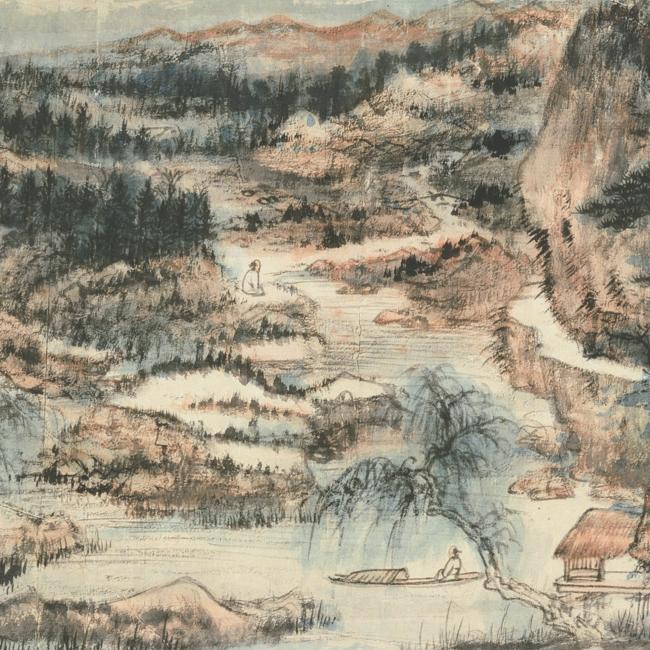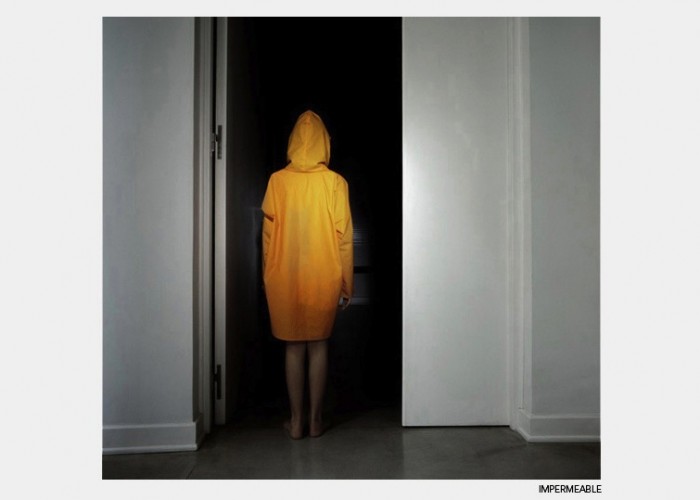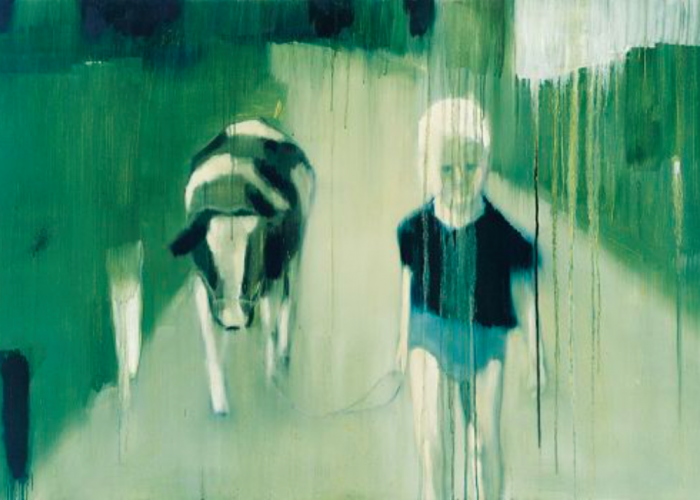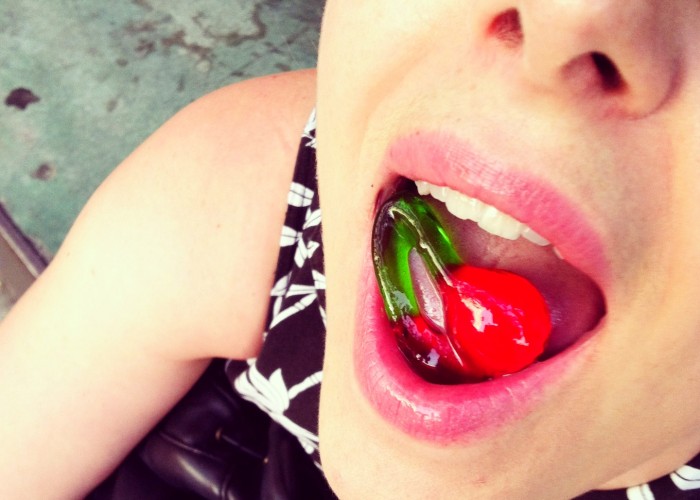A Mistake
Zheng Chouyu
translated by Qiaomei Tang
I traveled through the South Land
A longing face blooms and fades like the lotus flower with the seasons
The east wind is yet to arrive, the willow’s March catkins are waiting to fly
your heart is like the small, lonely, walled city
like an alley of blue-green cobbles facing the setting sun
the crickets are not crying, the windows are drawn in March
The hooves of my horse clatter — it’s a beautiful mistake
I’m not coming home, I’m only passing through
Image: Zhang Daqian, Sceneries of Jiangnan
[ + bar ]
Marina Mariasch
translated by Jennifer Croft
HOW WILL TERROR TAKE ROOT IN THE FUTURE?
We jump right in, head first. The beginning is incredible. Halfway through is incredible. You quit smoking. We do the... Read More »
Nikkō’s a Real Trip
Matías Ariel Chiappe Ippolito translated by Andrea Rosenberg
日々旅にして旅を栖とす。 (松尾芭蕉)
“Every day is a journey, and the journey itself is home.” –Matsuo Bashō, tr. Sam... Read More »
Condensed Water
Anja Kampmann
About the Sea
The horizon is the concern here the
distance applying color the bright crackling
of surfaces of light and the spreading
of the light as it surges the... Read More »
Three Snapshots on the Way Down
Edgardo Cozarinsky translated by the author
1. “Il vecchio non trova pace”
What’s that you’re saying, I am about to snap at the barman with my coldest voice... Read More »








 sending...
sending...